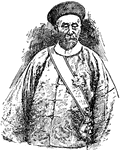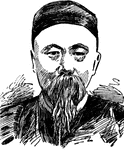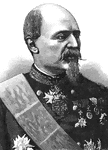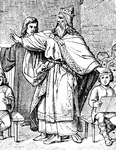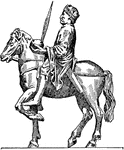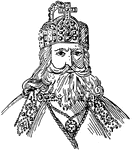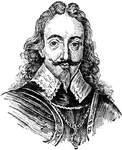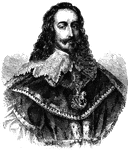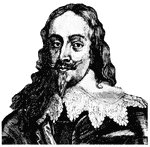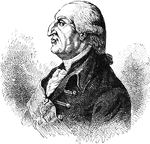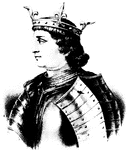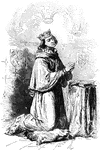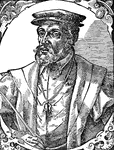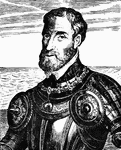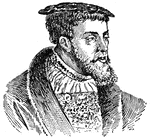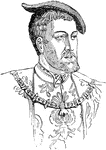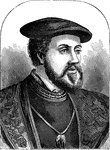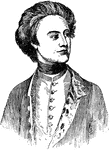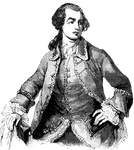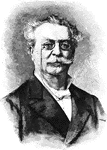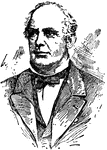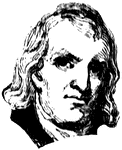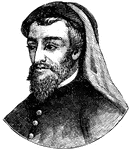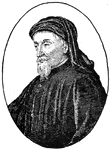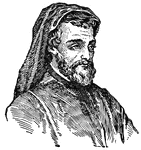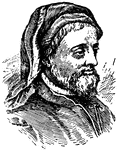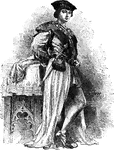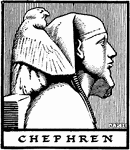387 illustrations of famous people including: Sebastian Cabot, Caesar, John C. Calhoun, Andrew Carnegie, Samuel Champlain, Li Hung Chang, Charlemagne, Geoffrey Chaucer, Henry Clay, Samuel Clemens, Grover Cleveland, Christopher Columbus, Confucius, Hernan Cortes, Stephen Crane, David Crockett, Oliver Cromwell, George Armstrong Custer, and many more
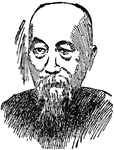
Li Hung Chang
A Chinese general who ended several major rebellions, and a leading statesman of the late Qing Empire.
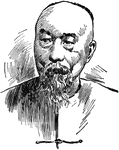
Li Hung Chang
Li Hung Chang, (February 15, 1823 – November 7, 1901) was a Chinese general who ended several…
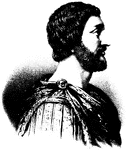
Charlemagne
(742-814) Christian Emperor. Time of rule was known as Carolingian Renaissance during which he built…

Charlemagne
"Statue of Charlemagne, in Paris. At Pepin's death in 768 the kingdom of the Franks included the greater…
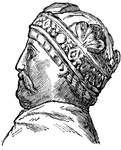
Charlemagne
He was born on April 2, 742, and was the eldest son of Pepin, the first king of the Franks, of the Carlovingian…
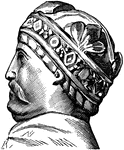
Profile of Charlemagne
An illustration of the profile of Charlemagne, also known as Charles the Great, was King of the Franks…
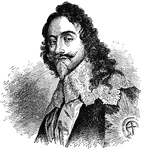
Charles I
"Charles I (1625-1649) was a far abler ruler than his father. He was a man of greater courage and more…
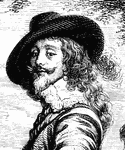
Charles I attended by the Marquis of Hamilton
Charles the I was king of England, Scotland and Ireland until he was executed in 1649.
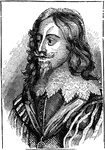
Charles I of England
Charles I, (19 November 1600 – 30 January 1649) was King of England, Scotland and Ireland from…
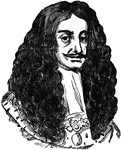
Charles II
Charles II (Charles Stuart; 29 May 1630 - 6 February 1685) was the King of England, Scotland, and Ireland.
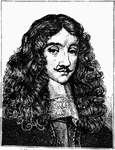
Charles II of England
Charles II (Charles Stuart; 29 May 1630 – 6 February 1685) was the King of England, Scotland,…
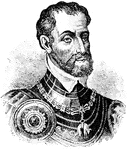
Charles V
"Charles V ruled over wider dominions than any European sovereign since Charlemagne. He belonged to…
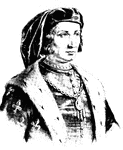
Charles VI of France
Charles VI (1368 – 1422), called the Beloved and the Mad, was King of France from 1380 to his death.
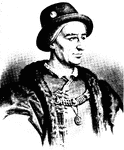
Charles VII of France
(1403-1461) King of France. During his reign , Joan of Arc led the troops and the war against Britain…
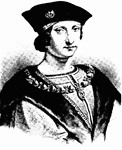
Charles VIII of France
Charles VIII, called the Affable, (1470 – 1498), was a monarch of the House of Valois who ruled as…
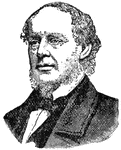
Salmon P. Chase
Chase was Secretary of the Treasury under President Lincoln and became Chief Justice of the United States.
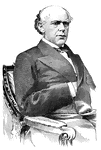
Salmon Portland Chase
"Salmon Portland Chase, Secretary of the Treasury during the Civil War."—E. Benjamin Andrews 1895
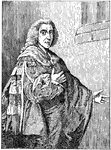
William Pitt, Earl of Chatham
The 1st Earl of Chatham who led Britain during the Seven Years' War. He was the Prime Minister between…

Geoffrey Chaucer
"The writings of Geoffrey Chaucer, who was a contemporary of Wycliffe, show us the character of the…
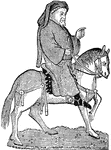
Geoffrey Chaucer
An illustration of Geoffrey Chaucer as a Canterbury pilgrim. Geoffrey Chaucer (c. 1343 – 25 October…

Chauncey's Monument
Isaac Chauncey (20 February 1779 - 27 January 1840) was an officer in the United States Navy. Pictured…
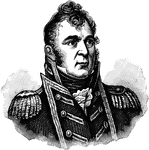
Isaac Chauncey
Isaac Chauncey (20 February 1779 - 27 January 1840) was an officer in the United States Navy.
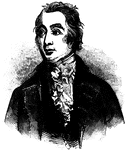
Francis Rawdon Chesney
(1789-1872) Soldier who explored the Euphrates and surveyed the isthmus of the Suez Canal.
